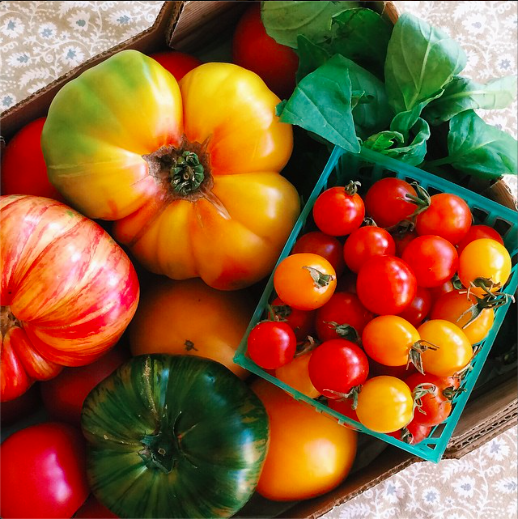SC Buyers Club Shakes Up Food Spending At USC

Talk to just about any student on campus and you’ll get a complaint about the availability of food in the USC area.
“The only places I can get groceries are either too far away or don’t have a good enough variety,” said junior Stephanie Liang.
As senior environmental studies major Daniel Redick puts it, “fresh, local, organic food is not easy to come by for a low price around USC.” He was part of the first order that the club put in.
The USC Undergraduate Student Government tried to address this issue by bringing a weekly Trojan Farmers Market on campus in the fall of 2013. USC Hospitality, who manages most of the eateries on campus, claims that “nearly all of USC Hospitality’s food inventory is purchased from local food distributors, and they also purchase directly from local food producers.”
Still, many students want more options, especially from local, sustainable farmers. Redick says that “Buyers Club makes that happen.”
The purpose in starting the Buyers Club is “to bring local, sustainable, ethical, healthy food to the USC community.” In an interview, business administration junior Kumamoto said his goal is to “generate awareness of local/sustainable farms and food producers in [Southern California] and how important it is to support them in order to continue to have a healthy food system.”
Members sign up for an order of produce or bread and pick up their order at a convenient location near campus. Currently that location is The Green Co-op, a cooperative housing environment established in the fall of 2014 for students passionate about environmental causes. Kumamoto says that it allows them to “live together and work towards a more sustainable urban lifestyle.”
According to founder Kumamoto, currently “there are about 6-10 order of orders of bread and produce, which is about the amount that is manageable for the Club.” These products come from farms and producers in the L.A. area.
“We plan to expand to other food products, such as salsa, eggs and maybe dairy someday,” explains Kumamoto.
Emily Grandcolas, a USC junior majoring in film and television production, says the club is important because the people are not only “involved with health, the environment and the community,” but they are also passionate people whose “interest is infectious.”
Kumamoto describes the average member as a “health-conscious student who cares about the quality and source of their food.” Their audience is mainly students, but they are open to anyone in the USC community (staff, faculty, friends, neighbors, etc.).
USC students and community members aren’t the only ones who have problems accessing high-quality food, though. Much of the South Los Angeles area is classified as a "food desert."
Food deserts, as defined by the Department of Agriculture, are “urban neighborhoods and rural towns without ready access to fresh, healthy and affordable food.” The two thresholds that identify certain areas as food deserts are qualifying as both a low-income community as well as a low-access community.
Kumamoto says that the SC Buyers Club would definitely consider addressing the issue by opening up the service to the public, for “quality food in our location is lacking.”
Monthly Buyers Club bags are available for order through the organization's Facebook group page. Sign up sheets for available products are posted regularly along with various recipes and tips that complement the products.



